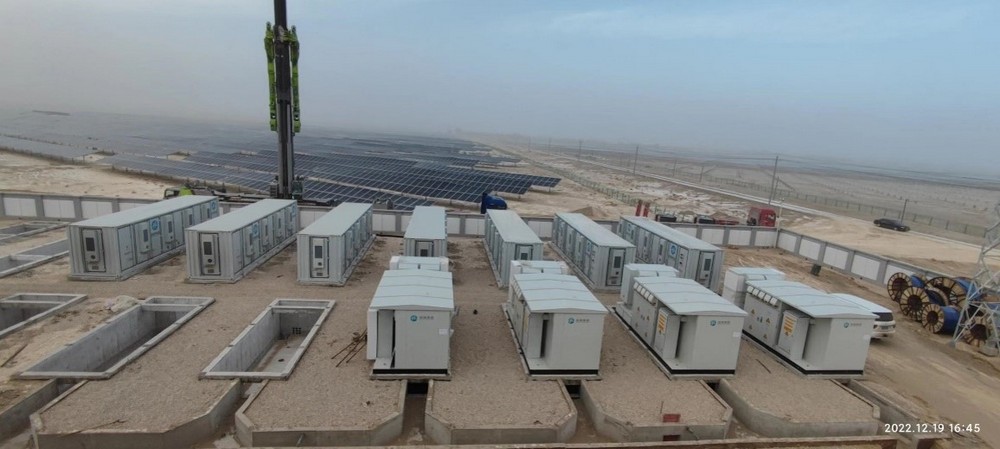The lithium batteries used for energy storage and power batteries used for new energy vehicles have some differences. Firstly, there are differences in the battery management system. As the core component of the battery system, the battery management system determines whether the various components of the battery pack can coordinate effectively. Compared with the energy storage battery management system, the power battery management system needs to respond to the power characteristics of the electric vehicle, which requires a higher response speed.
In terms of application scenarios, energy storage lithium batteries are mainly used for power adjustment, lithium-grid photovoltaic energy storage, or user-side wind power storage scenarios. Generally, they need to be continuously charged or discharged for more than two hours, and the requirements for battery life are higher, so the lithium batteries used are relatively bulky but have a longer service life. Power batteries are mainly used in electric vehicles and have higher performance requirements, such as faster charging speed and larger discharge power.
In addition, energy storage systems are usually larger in scale, ranging from tens of kilowatts to megawatts, so the cost requirements for energy storage lithium batteries are lower than those for power batteries, but the safety requirements are higher. Overall, there are differences between energy storage batteries and power batteries, and it is important to understand these differences.

